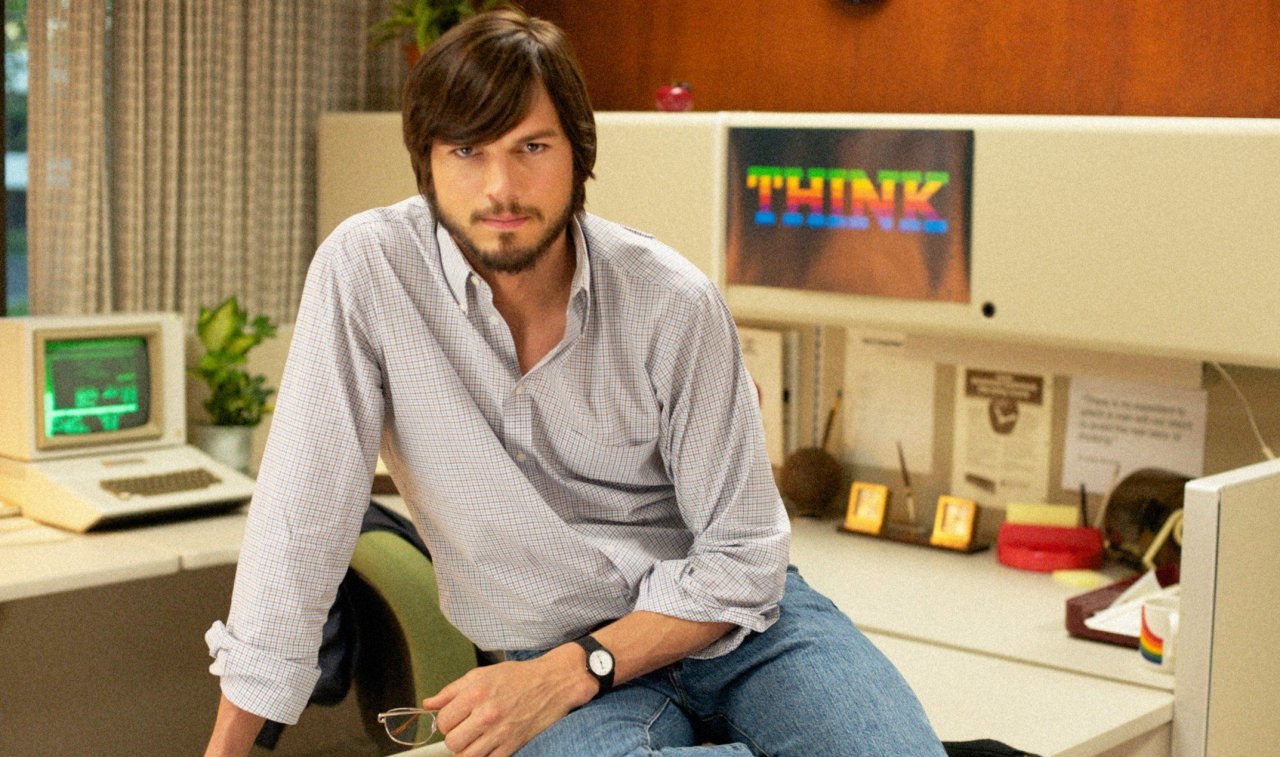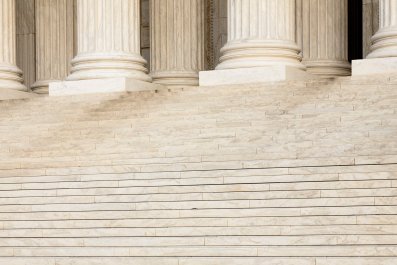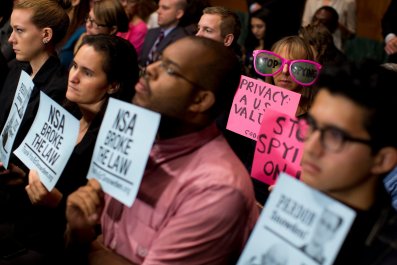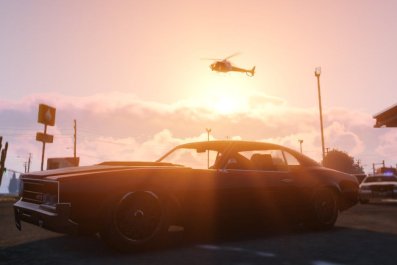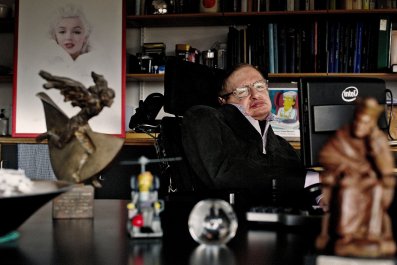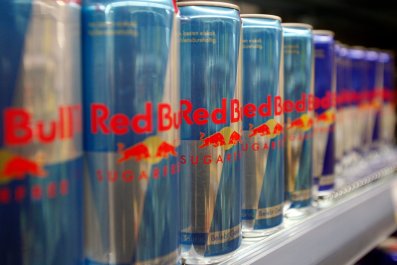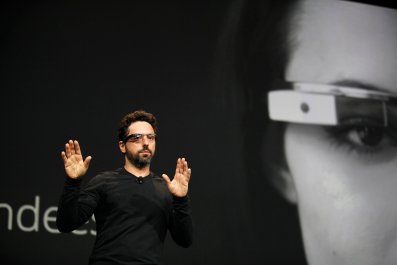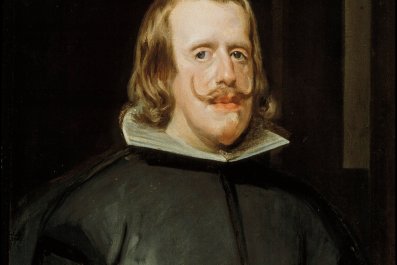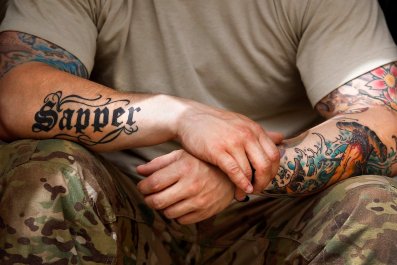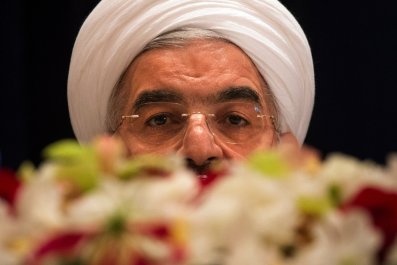In his latest movie, Ashton Kutcher plays Apple billionaire Steve Jobs. Some time before Thanksgiving, thanks to Twitter, he'll be a high tech multimillionaire in his own right. Richard Branson, the billionaire aviator and space-travel pioneer, will also be adding a few more millions to his net worth thanks to taking an early slice of Twitter when it was in need of cash.
As the market awaits Twitter's IPO, scheduled to take place before November 28, the 140-character social network is about to make a whole host of early investors - both known and unknown - very rich or even more comfortably well off.
Many of the names of the lucky few overnight-Rockefellers are not known, thanks to the Jobs Act, which lets the company keep them secret. But as Twitter has handed out stock options like confetti as it made its way from edgy startup to nudge Facebook as the world's favorite social network, dozens of people are going to find themselves headed for Forbes' rich list.
Some reports suggest Twitter is offering employees stock valued at $17 per share. If the IPO stock price is set at $28 to $30, as expected, Twitter could be worth around $1.5 billion.
On its way to the top, the San Francisco-based Twitter used the promise of stock options to lure employees from other tech companies, adding up to a reported total of 620 million shares. Giving workers a stake became so common that in 2011, Twitter hired a full-time executive to keep track of all the options being handed out.
Among those the IPO will make super wealthy are of course co-founders Jack Dorsey, Ev Williams, and Biz Stone as well as CEO Dick Costolo. There are also early investors like Fred Wilson, of Union Square Ventures. The one percent that Charles River Ventures bought during the company's initial round of funding is expected to now be worth $15 billion.
Others are not so obvious. Twitter has acquired 31 different technology startups, starting with the team of five engineers who sold the search engine tool Summize to the company in July 2008 for $15 million in cash and stock. Those who criticized them for selling out to Twitter, which at the time was having tech problems, are looking pretty silly now. That is, if the original five have held onto their stocks.
Others sitting pretty include Elad Gil and Othman Laraki, who sold their geolocation service Mixer Labs to Twitter in 2009 for $5.17 million in stock, and Iain Dodsworth, whose TweetDeck app was bought in 2011 for $40 million in cash and stock.
Twitter went on to buy 23 more companies before applying for an IPO on September 12. Twitter kept the exact terms of the deals secret, but it is likely that dozens of software engineers and designers will wake up as millionaires the morning after the float.
Twitter's most recent purchase – of MoPub for a rumored $350 million in stock – was its biggest deal to date, which will make MoPub CEO Jim Payne one of the biggest winners in the IPO bonanza.
Twitter has raised more than $700 million since it launched, including $200 million invested by Kleiner Perkins Caufield & Byers in 2010, when Twitter was already valued at more than $3 billion.
Then there are the bold-faced names. According to Bloomberg, Branson, the founder of Virgin Group, clambered aboard the Twitter train on October 22, 2008 and has since acquired a stake in the company. Kutcher, the first Twitter user to exceed 1 million followers, back in 2009, also invested early.
Of course, the Twitter gold rush assumes the IPO is a success. Technology companies have not always lived up to their glittering promise.
Social gaming company Zynga has fallen 62 percent since its 2011 IPO, and Groupon is down more than 40 percent. The Facebook IPO was widely considered a disaster and has bounced back only recently.
Twitter is doing what it can to increase its odds. Part of that has to do with keeping the details of the IPO a secret, which is in stark contrast to Facebook's public road tour to generate hype for its May 2012 offering. Twitter is also expected to debut on the New York Stock Exchange (Facebook went with NASDAQ) and is using Goldman Sachs as the lead banker (Facebook chose Morgan Stanley). Other banks also thought to be retained by Twitter include Morgan Stanley, JPMorgan, Deutsche Bank, Bank of America Merrill Lynch, Allen & Co. and Code Advisors.
To find out exactly how well the launch goes, you could do worse than follow @richardbranson (3,536,212 followers at the last count) and @aplusk (Ashton Kutcher, 15,039,575 followers and counting).
The best stories, however, will be in the small guys who hit it big. When Facebook went public, David Choe, who was paid in stock to paint the walls of the company's first offices, saw his net worth jump to $144.2 million – and earned himself a character in Aaron Sorkin and David Fincher's The Social Network.



